In my books I usually have one minor character who insists on playing a larger role in the story.
 It started with my first novel, One of One, when I introduced Maurice, an eighty-something telepath from west Texas meant to play the minor role of contacting my main character Lola about an organization of telepaths. However, Maurice refused to exit the book after his one scene. He kept showing up, helping Lola and offering her interesting advice, and by the climax of book he’d grabbed himself a major part of the action.
It started with my first novel, One of One, when I introduced Maurice, an eighty-something telepath from west Texas meant to play the minor role of contacting my main character Lola about an organization of telepaths. However, Maurice refused to exit the book after his one scene. He kept showing up, helping Lola and offering her interesting advice, and by the climax of book he’d grabbed himself a major part of the action.
It only got worse. Maurine went on to reappear in book three and four of the series and by the sixth and last book, Maurice was part of the family. Seriously. Lola’s kids all called him Uncle Maurice.
I’ve had other minor characters do similar, though not as drastic, things and I always wonder how unique this problem is to me. So when I get the chance to ask another fiction author if this happens to them, I jump at the chance.
Recently I asked Author Ellie Beals if she had such a character in her novel, Emergence (and if she didn’t, I wanted to know how she got the characters in her head to behave so well!)
Here is her fascinating answer.
I have been a chronic over-planner and over-preparer all my life. I waited an obscenely long time to start work on a novel, because I so dreaded what I anticipated to be the long and grueling planning process required before I could actually WRITE. And then one day, I said: What if? What if I don’t do that? What if I just sit down and start writing?
And that’s what I did. My plan at the outset was this simple: I knew that:
-
the centre-piece of the book would be Xavier, one of my two protagonists. He is the adolescent “wildchild” who first surveils and eventually befriends my other protagonist, Cass Harwood – a middle-aged dog trainer and wilderness recreationist
-
dogs would be legitimate characters, helping to move the plot forward – but once again, they like Cass should never blur the focus on Xavier
-
there would be three dramatic and traumatic events and two Bad Guys associated with them, catalyzing the danger that eventually ensnares both of my protagonists.
Beyond that – everything was open to that strange magic that occurs during the act of writing. Knowing that it was really all about Xavier was my key to all of the other characters – I wanted to give them only enough oxygen to be realistic and believable, and to properly showcase the wildchild of Lac Rouge. It was this minimalist drive that resulted in the characters in my head “behaving so well”. I am a very disciplined human. I simply refused to listen when one of the other characters clamored for more attention.
 And one of them most certainly did. Stefan is Xavier’s father. I needed to create context that would realistically explain how Xavier grew up in such profound isolation at Lac Rouge. So I made his father a declared anarchist with both intellectual and survivalist leanings. When I first conceived of him, I thought I would shape him to be at least mildly abusive. As the book took its own path, I abandoned that. There were already two bona-fide bad guys, and given that I wanted a realistic plot, I figured that was plenty. I also wanted there to be a reasonable explanation of Xavier’s many fine qualities. So Stefan became a more complex and nuanced character than I had originally envisaged. I endowed him with this background: a Franco-Ontarian distanced from his rural family by his love of learning, who moved to Quebec to work in the lumber camps. In Quebec he met Xavier’s french-speaking mother, who left him when Xavier was eight. Stefan also became partially disabled through a work accident. He home-schools Xavier, and does a remarkably good job of it, except when his recurrent backpain intrudes. That is the public face of Stefan.
And one of them most certainly did. Stefan is Xavier’s father. I needed to create context that would realistically explain how Xavier grew up in such profound isolation at Lac Rouge. So I made his father a declared anarchist with both intellectual and survivalist leanings. When I first conceived of him, I thought I would shape him to be at least mildly abusive. As the book took its own path, I abandoned that. There were already two bona-fide bad guys, and given that I wanted a realistic plot, I figured that was plenty. I also wanted there to be a reasonable explanation of Xavier’s many fine qualities. So Stefan became a more complex and nuanced character than I had originally envisaged. I endowed him with this background: a Franco-Ontarian distanced from his rural family by his love of learning, who moved to Quebec to work in the lumber camps. In Quebec he met Xavier’s french-speaking mother, who left him when Xavier was eight. Stefan also became partially disabled through a work accident. He home-schools Xavier, and does a remarkably good job of it, except when his recurrent backpain intrudes. That is the public face of Stefan.
But his presence injected a host of questions I had to decide whether or not to answer. For example: what really happened to Xavier’s mother? Why did she leave? Xavier mentions Stefan getting “mean” when he’s in pain, but he never describes that. How does this “meaness” manifest? And towards the end of Emergence, after Stefan tells Xavier that Cass has been questioned by the police, Xavier becomes quite concerned about an almost predatory alertness he sees in Stefan, that reminds him of the way Stefan is when they hunt. Xavvy is not sure about this — but there is a concern he expresses, without telling us why he is so concerned. What actions does he fear Stefan might take?
I wanted the reader to be subtly or even subliminally aware of these questions I planted about Stefan. One part of me played with expanding the book considerably, in order to explore them more fully. However, given my commitment to render Emergence primarily a story about Xavier – I resisted the temptation. But Stefan keeps nagging me. I have been urged to write a sequel, which I doubt that I’ll do. But again – one part of me plays with the idea of a parallel project that focuses on Stefan. I don’t think I will – life is short and I’d like to try other things. But Stefan does keep gnawing away at me. He is only superficially “well-behaved”. We shall see.
For the full post, which was part of a blog tour sponsored by Goddess Fish, check out Emergence.


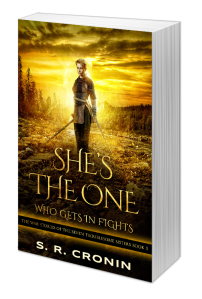




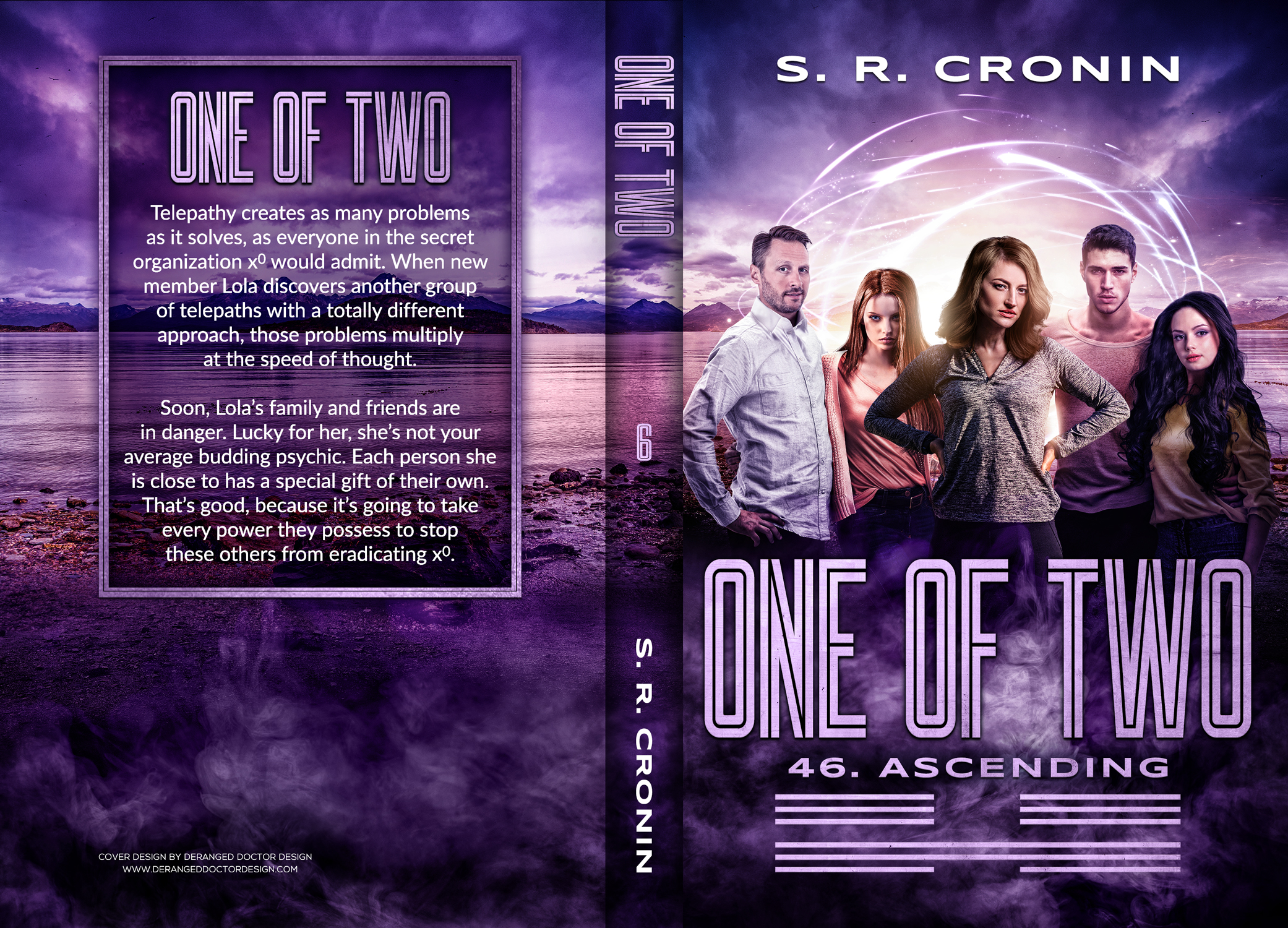

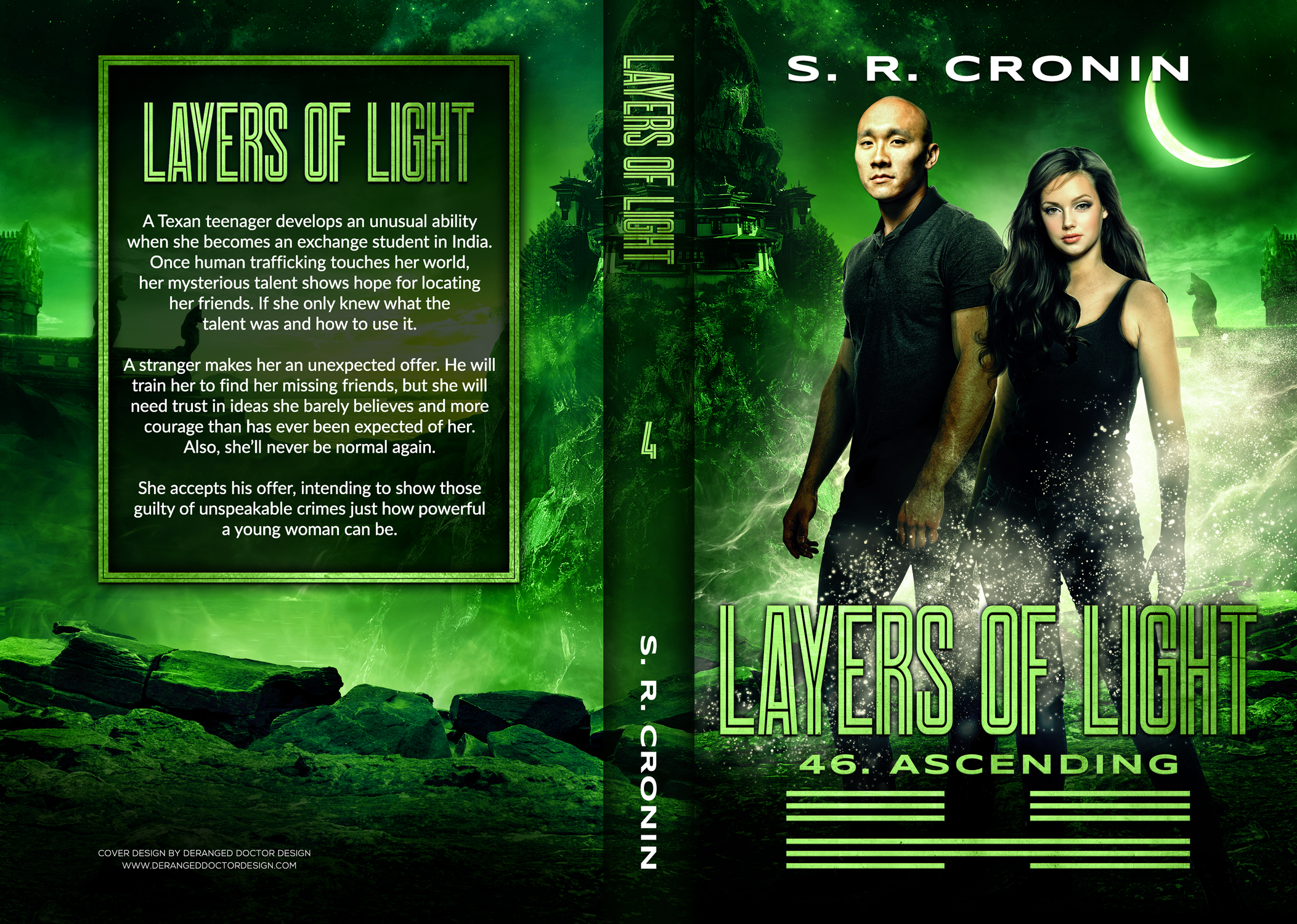
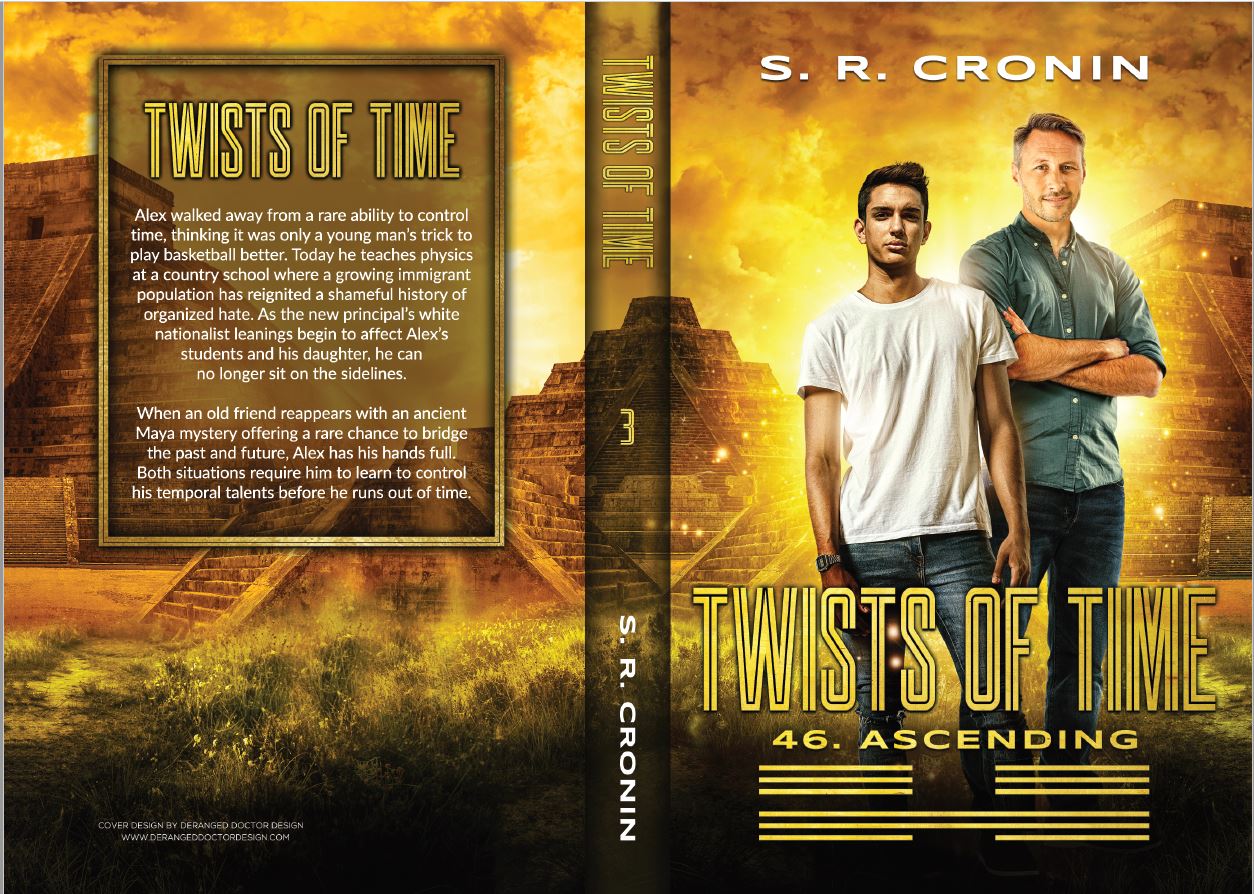

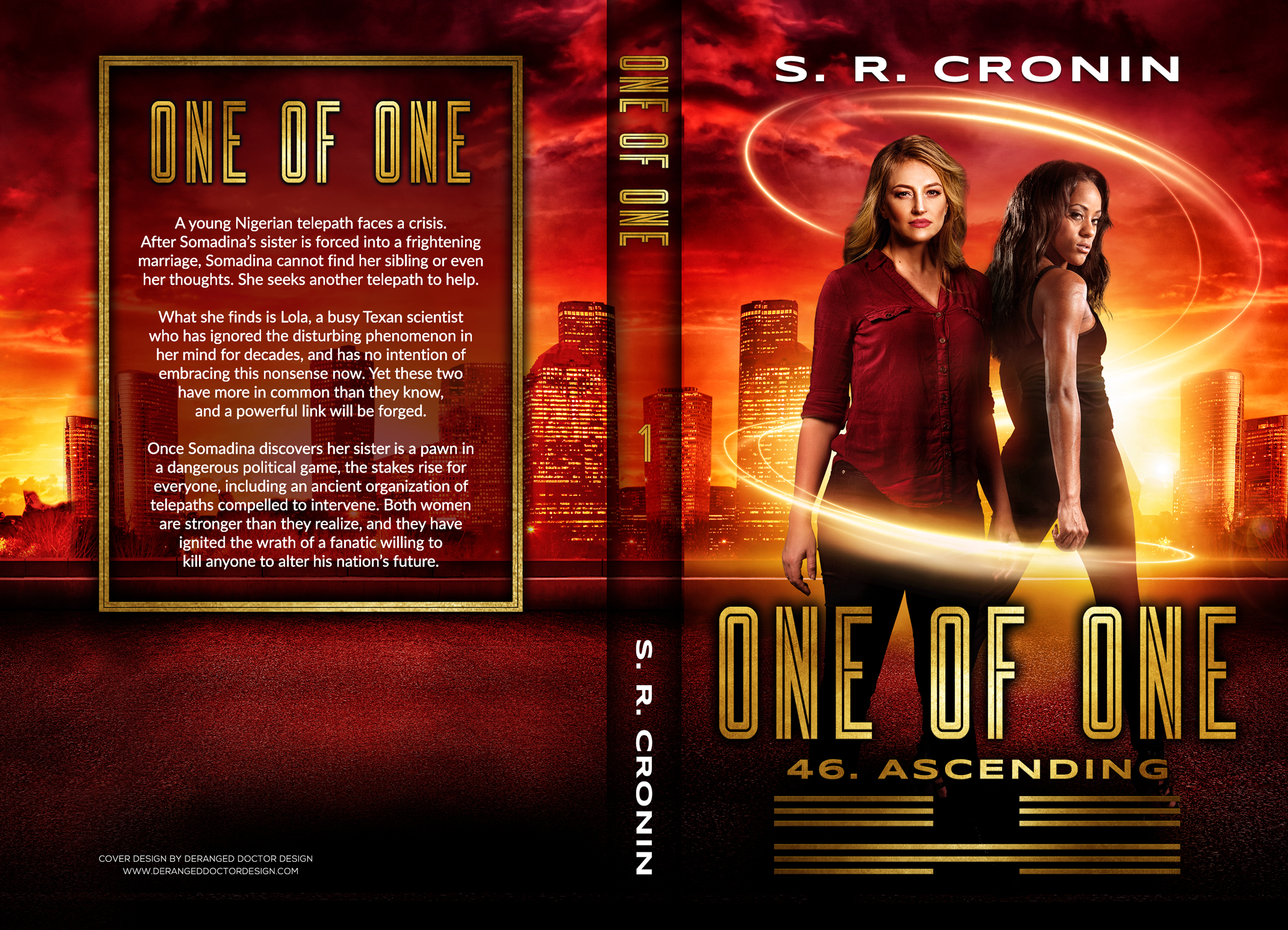
Leave a comment